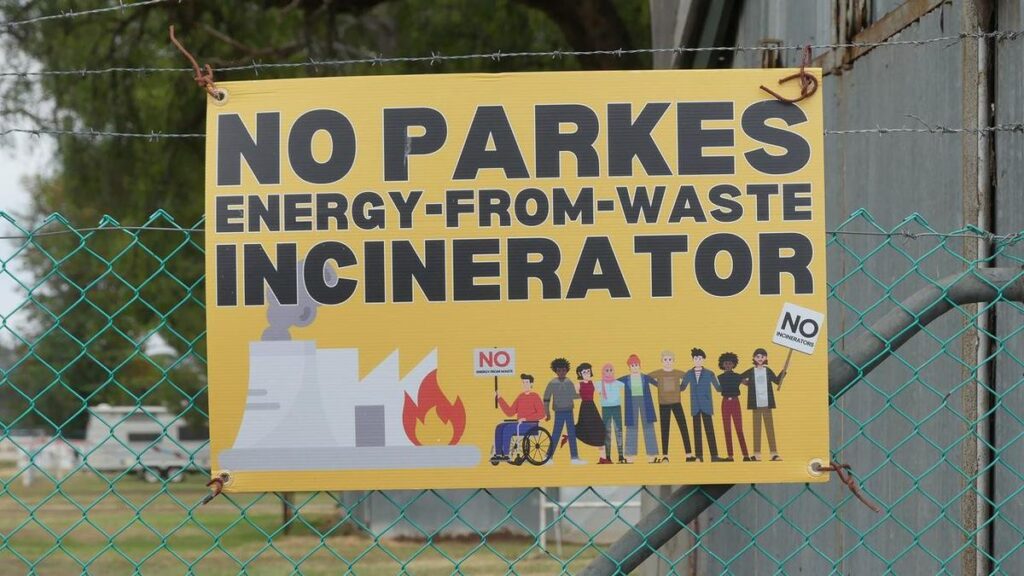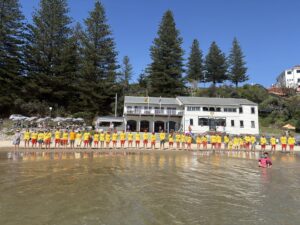
UPDATE: Small towns in New South Wales are urgently pushing back against proposed energy-from-waste facilities, fearing their community’s health and environment are at risk. Residents in Parkes and Tarago are expressing deep concerns as an inquiry into these developments is set to commence, with over 120 written submissions already received.
Families who moved to these regions for affordable housing and quiet lifestyles now face the reality of a proposed rubbish-burning plant that could jeopardize their way of life. A fifth-generation Merino farmer highlighted the “deeply ironic” risk that the local wool industry could face contamination from waste processing operations.
Teenagers from Tarago are particularly alarmed, voicing their worries about climate change and the long-term implications of such facilities. One young resident stated, “Decisions like this can make young people feel like their futures don’t matter,” in a poignant submission to the parliamentary committee currently evaluating the proposals.
The inquiry, initiated by the Nationals party, aims to address community concerns regarding emissions and pollution from waste facilities. Chair Nichole Overall emphasized that this process is vital for exploring fair and inclusive solutions.
As Sydney’s landfill capacity dwindles, the state government has shifted planning rules since 2022 to allow energy-from-waste plants in regional areas, promoting them as a solution to the city’s waste crisis. However, locals argue that rural towns should not bear the burden of urban waste management.
Developers of the Parkes facility claim their advanced technology will safely burn household waste from Sydney, generating electricity and minimizing emissions to just air, steam, and water vapor. Similar facilities have found success in countries like Denmark and Japan, with Australia’s first plant in Western Australia projected to divert 460,000 tonnes of rubbish and produce 38 megawatts of power annually.
Despite these promises, skepticism persists among local communities. Dr. Jenny Zhou from Monash University cautioned that while energy-from-waste technology can reduce landfill emissions, it is not a comprehensive solution. Her analysis indicates that the rising amount of plastic waste complicates efforts, raising carbon emissions rather than alleviating them.
Dr. Zhou pointed out that successful international facilities build trust by providing real-time emissions data and utilizing advanced flue gas treatment systems to eliminate toxins. “No one wants their backyard as a dumping place; people need confidence in the technology,” she stated.
As the inquiry prepares to hold hearings, the sentiment is clear: rural communities demand a say in decisions that could impact their future. The upcoming discussions are critical for addressing these urgent concerns and seeking alternative solutions that prioritize waste reduction and recycling.
Residents are urged to stay informed and participate actively as this situation develops. Share your thoughts and concerns with local officials to ensure your voice is heard in these crucial discussions.





